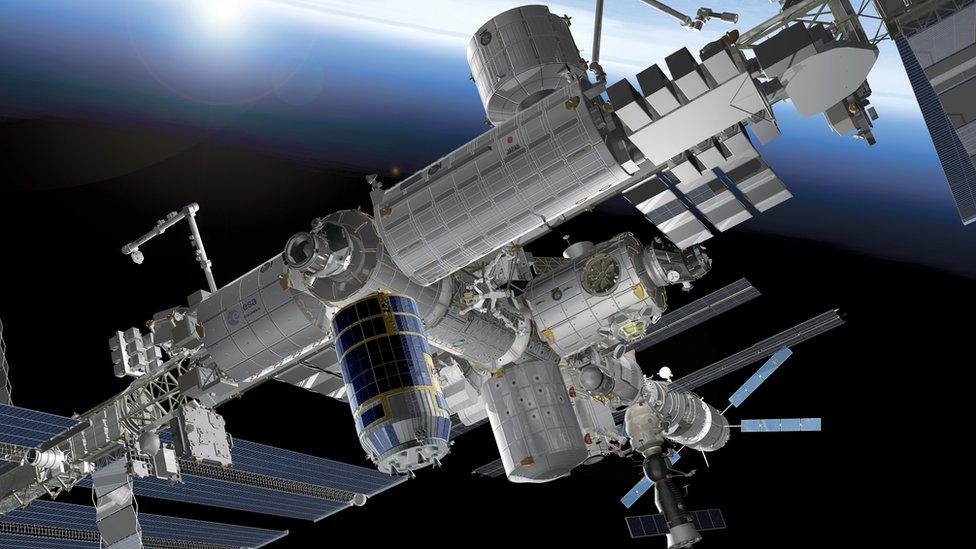Space junk: Russia criticised for 'blowing up' satellite near ISS
- Published
- comments
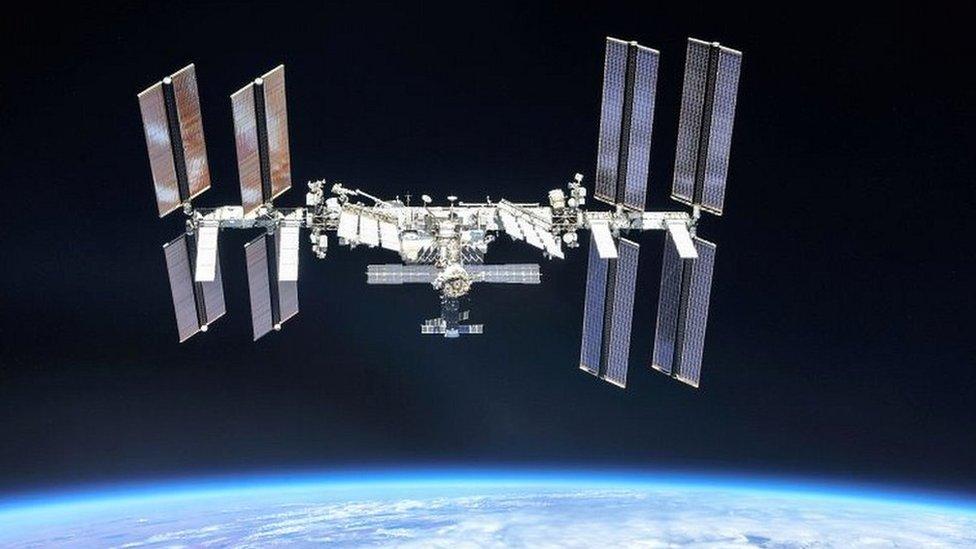
Crew members on the ISS were forced to take shelter in their transport spacecraft on Monday, after Russia blew up one of its old no-longer-working satellites.
Experts were worried in case fragments from the exploded satellite came close to the space station in the form of space junk or debris.
Nasa made sure the crew were kept well aware of the position of any debris and the situation aboard the space station has now returned to normal.
There are currently seven crew members on board the ISS - four Americans, a German and two Russians.
Apart from the issue of astronauts safety Russia have also been criticised for adding to the amount of space junk
What actually happened?
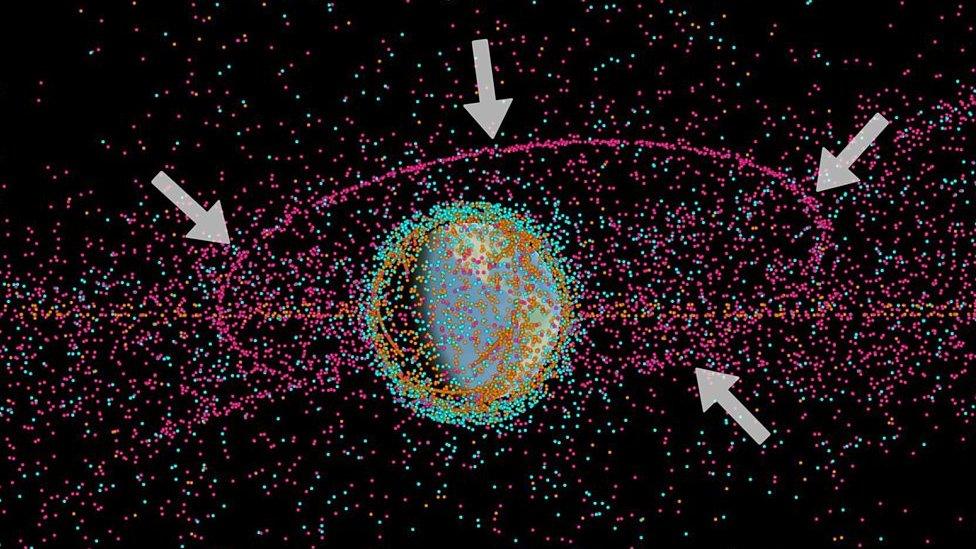
A number of countries have the ability to fire missiles to blow up enemy satellites from the ground, including the US, Russia, China and India. Testing these missiles is rare, but always draws widespread condemnation whenever it occurs, because it pollutes the space environment for everyone.
When China destroyed one of its retired weather satellites in 2007, it created more than 2,000 pieces of trackable debris. This material posed an ongoing hazard to operational space missions, including China's own.
Space is an environment that needs to be used responsibly for the benefit of all on Earth and protected for future generations. Intentionally adding thousands of pieces of debris to the cloud already surrounding our planet is not progress, it's madness.
The satellite destroyed in thjs explosion appears to be the already broken-up Russian satellite, Kosmos-1408 - a spy satellite launched in 1982 but that had stopped working many years ago.
The US state department said it had so far generated "over 1,500 pieces of trackable debris and hundreds of thousands of pieces of smaller debris that now threaten the interests of all nations".
Russian space agency Roscosmos downplayed the incident saying the ISS crew were just following standard procedure.
Space junk
Jenny explains what space junk is and why it's causing problems
Space junk is far from a new problem.
The BBC's science correspondent Jonathan Amos said there are now roughly a million objects floating in space between 1-10cm in size.
Space junk can include big objects like discarded rockets, pieces of machinery and old satellites that have failed or aren't in use any more or those that are much smaller that could have fallen off spaceships by accident.
Scientists have also been working hard to come up with new devices to help reduce the problem with a space junk cleaning device and 'space junk claw' some of the ideas that have been put forward this year alone.
Another possible solution put forward in 2018 was a space junk net.
In 2018 experts fired a huge net into space which had a harpoon - which is like a huge spear - to grab space junk.
In this case Russia has been criticised for creating more space junk unnecessarily, as well as potentially putting the astronauts nearby in danger.
Another issue is that it's impossible to control where the debris from a high-velocity impact like this will end up.
Thousands of fragments are produced, some of which could be propelled downwards towards Earth and out of harm's way, while others head to higher altitudes.
These could cause problems for other missions for years into the future.
Astronauts have many measures they can take to try and keep themselves safe if space junk comes close by.
They can close hatches between the modules, and, as happened on Monday, climb into the capsules that brought them to the space station.
These vehicles stay attached to the ISS almost like space lifeboats, in case while the crew need to leave or return to earth unexpectedly.
WATCH: Tim Peake tells Ricky what it takes to become one of Europe's future astronauts
The US called Russia's actions "dangerous" and said it would work with its partners and allies to respond to the "irresponsible act".
NASA Administrator Bill Nelson said he was outraged at the incident.
"With its long and storied history in human spaceflight, it is unthinkable that Russia would endanger not only the American and international partner astronauts on the ISS, but also their own cosmonauts" as well as Chinese "taikonauts" aboard China's space station, he said in a statement.
- Published3 November 2020
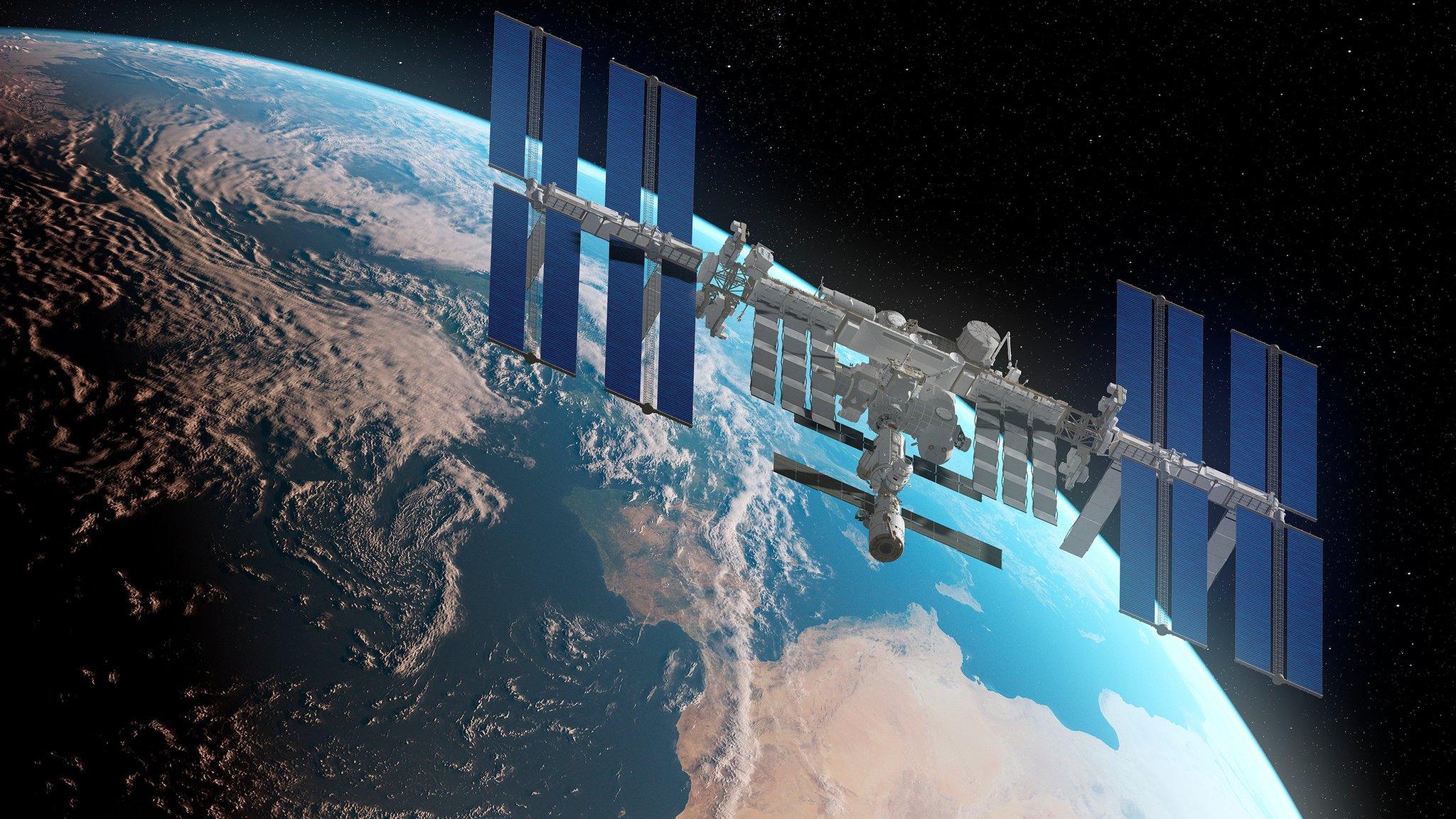
- Published28 April 2021
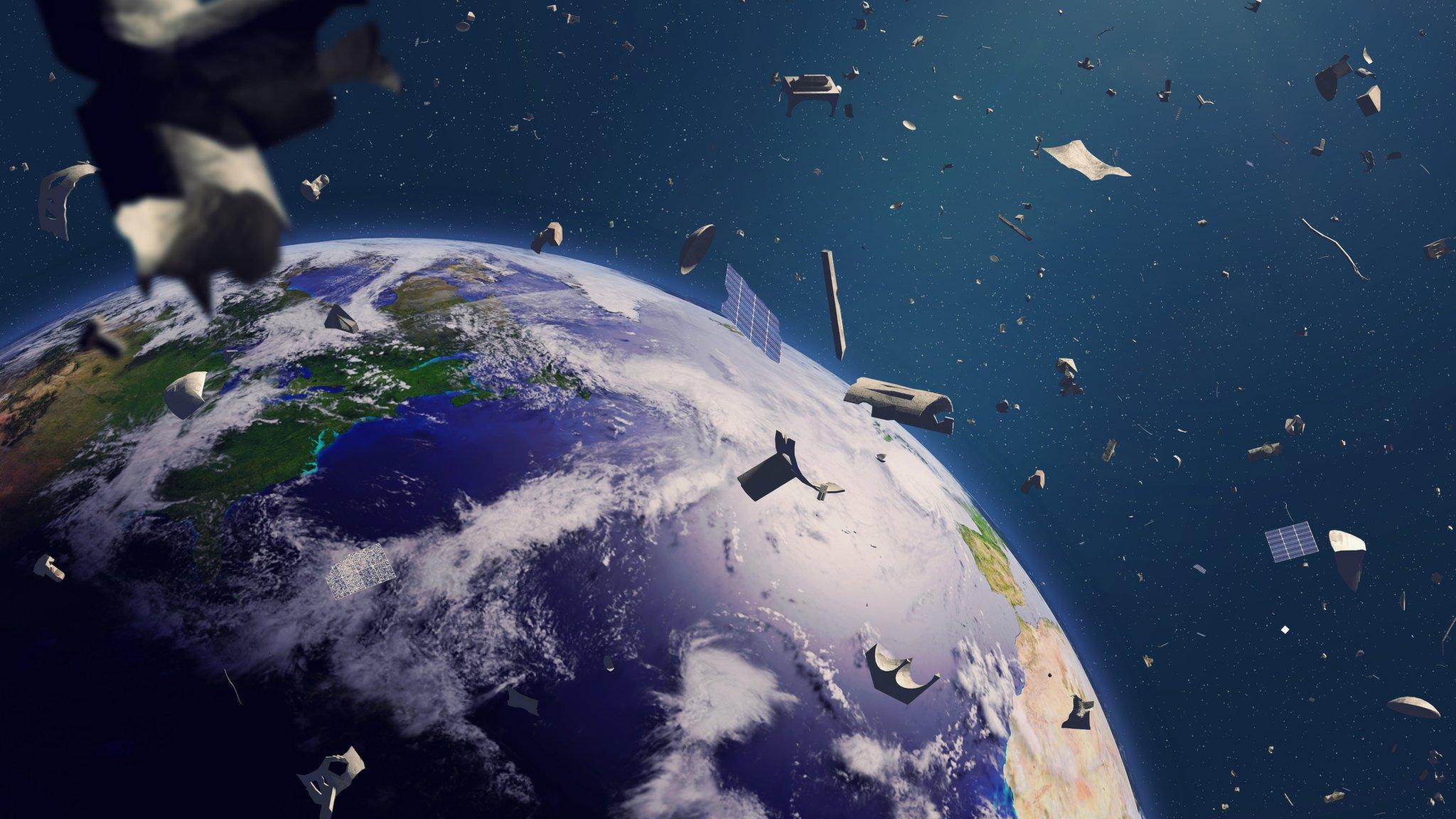
- Published20 November 2018
